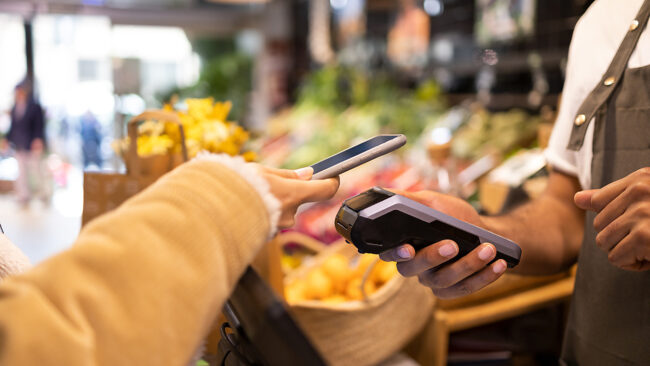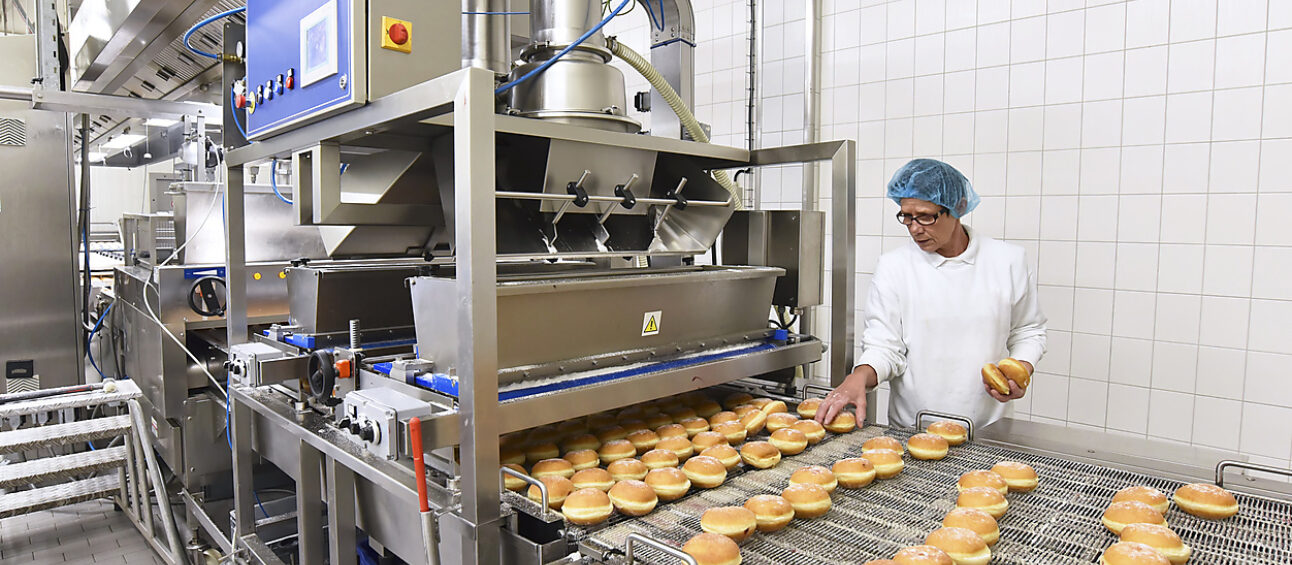A food company supplies products intended for human consumption, and that immediately entails a significant liability risk. A classic liability policy covers the material, physical and financial consequential damage caused by someone consuming a contaminated food product. But prevention is better than cure, so it is increasingly common for products to be removed from the shelves as a preventive measure. The government monitors food safety, carries out targeted inspections and requests product recalls at increasingly regular intervals. ‘As a food company you can integrate two important forms of cover into your civil liability policy,’ explains Charlotte De Bruyn, Senior Broker at Vanbreda Risk & Benefits. ‘These are purely financial damage to third parties and recall damage. Both extensions cover damage to third parties. Recall insurance covers the notification costs, withdrawal costs, labour costs and destruction costs that a food company must incur to withdraw a product from the market.’ The company’s own losses are still excluded. However, experience shows that these internal losses can also be substantial and can even endanger its continuity. Vanbreda therefore advises its food industry clients to take out a separate contamination policy in addition to a civil liability policy. ‘As well as recall costs, this will cover its own operational losses,’ says Charlotte De Bruyn.
The growing importance of liability coverage is also reflected in stricter contracts. Partners of a food company increasingly want to build in safety mechanisms and prevent an incident from pushing the company towards bankruptcy. ‘This is reflected in a demand for increased insured sums,’ says Charlotte De Bruyn. ‘Insured sums of between five and ten million euros are no longer exceptional. Where agreements with companies in the United States are involved, that amount is doubled or even getting on for unlimited.’
As well as the physical assets of a food company, its employees also deserve attention. For mandatory occupational accident insurance, premiums at a food company are slightly higher than average given the production risk. ‘A production setting where people work with older or unsecured machines or with sharp knives affects the statistics,’ explains Charlotte De Bruyn. ‘A business can counter this by investing in modern and therefore safer machines, but that doesn’t mean that no accidents will happen. Continued investment in preventive measures is definitely a must.’ However, good accident prevention is always in food companies’ interest, emphasises Charlotte De Bruyn. ‘As a business, you want your employees to be spared any accidents. Protecting people is the priority. The employer’s duty of care is very important for many of our clients. They want employees to feel happy, and this also contributes to stability and growth. In addition, the industry is suffering from a shortage of workers, so that’s another reason why you don’t want to lose people.’
After producing the food, the company then needs to package and label its products. As the production of the labels is IT-controlled, a cyber incident can instantly jeopardise the finishing of the food products. ‘Even if, for example, you manage to keep your machinery running in the event of a hacking incident, a stoppage in labelling can leave you unable to deliver any more products,’ says Koen Van Weert, Senior Broker Property at Vanbreda Risk & Benefits. ‘But we are seeing production lines following the trend of increasing digitisation, and as a result criminals are able to stop them from outside.’ Food companies cover such incidents with cyber insurance, while they cover the risk of fraud with a specific policy. ‘A forged but credible WhatsApp message in which the CFO asks the accounting department to transfer a large sum of money is not a cyber incident but fraud. At food companies we’re seeing examples of fraud where the company decides to go ahead with the delivery of a large order on the basis of forged messages. A fraud policy insures the company against the harm caused by such crimes.’




